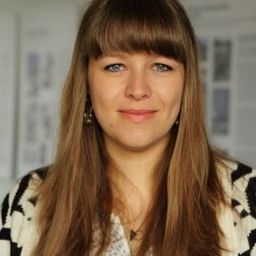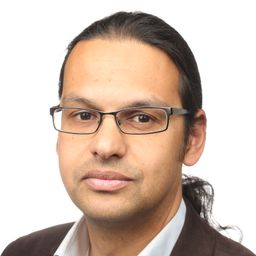Industrial Heritage: Towards Comparative Perspectives
Mon statut pour la session
Sous sessions
What is the cultural significance of structural change? How have individuals and entire communities reinterpreted the process of deindustrialization through different memory processes? What is the role of culture in the course of this process? Not only the former industrial workers themselves, their children and grandchildren, but also people from the outside react to the phenomenon despite deindustrialization being only partially based in their own memory, if at all. But how exactly do th...
This paper will compare ten regions of heavy industry from North America to Australia and from Japan and China to Europe, in order to find out about the extent to which projects of industrial heritage are linked to regional identity constructions. In particular, the paper will seek to bring Reinhardt Koselleck’s concept of “layered temporalities” to an analysis of identity constructions in de-industralizing regions of heavy industry and ask to what extent the specificities of such “layered...
En novembre 2011, la dernière mine d’amiante de Thetford Mines ferme ses portes, mettant fin à près de 130 années d’exploitation du minerai dans la région. La ville, dont l’économie dépendait en grande partie de l’industrie minière, doit en conséquence trouver de nouveaux vecteurs de développement. C’est alors que l’héritage unique laissé par cette industrie se présente comme une ressource potentielle à mettre en valeur sur le plan touristique. Au début de l’année 2013, la Ville d...
Industrial heritage has become a most successful concept in the Ruhr and other former German mining regions in recent years. This holds true in both museum and academic practices as well as in terms of cultural marketing and tourism. Museums like the Zollverein mine, now a world heritage site, have become epitomes of transition, from industry as a source of urbanization and growth to a kernel of memory and identity politics in the face of economic change. The image of the industrial past s...
Shanghai, as a typical booming city in Asia, is one of the biggest metropolises and the eldest city under the industrialization process in China. And during the last thirty years of open policy, Shanghai has become one of the most vital metropolises again. The city is booming constantly while the manufacturing industries have been upgraded. On the other hand, the adaptive reuse and conservation of historic buildings has been regarded as an important strategy for urban regeneration and deve...




